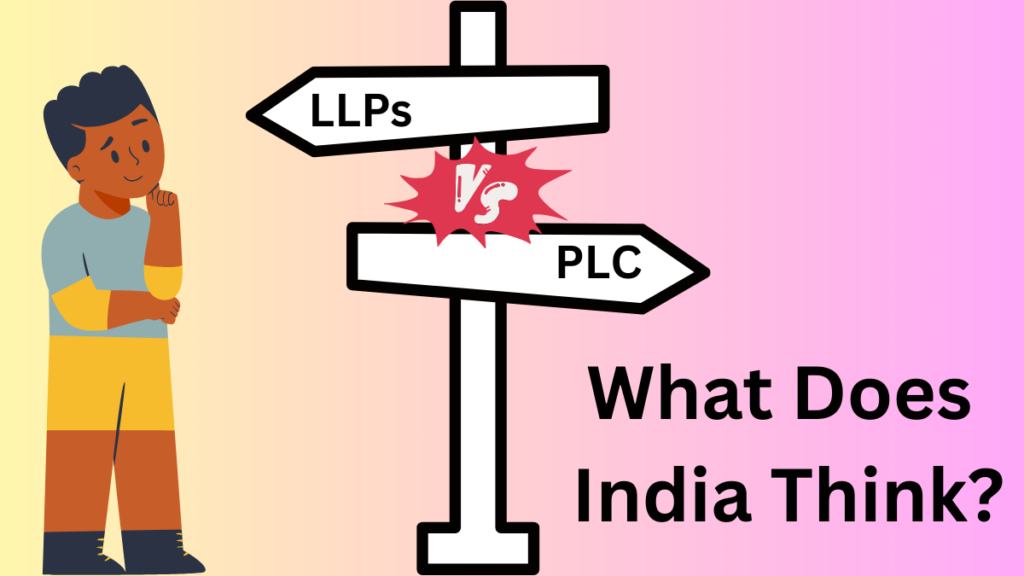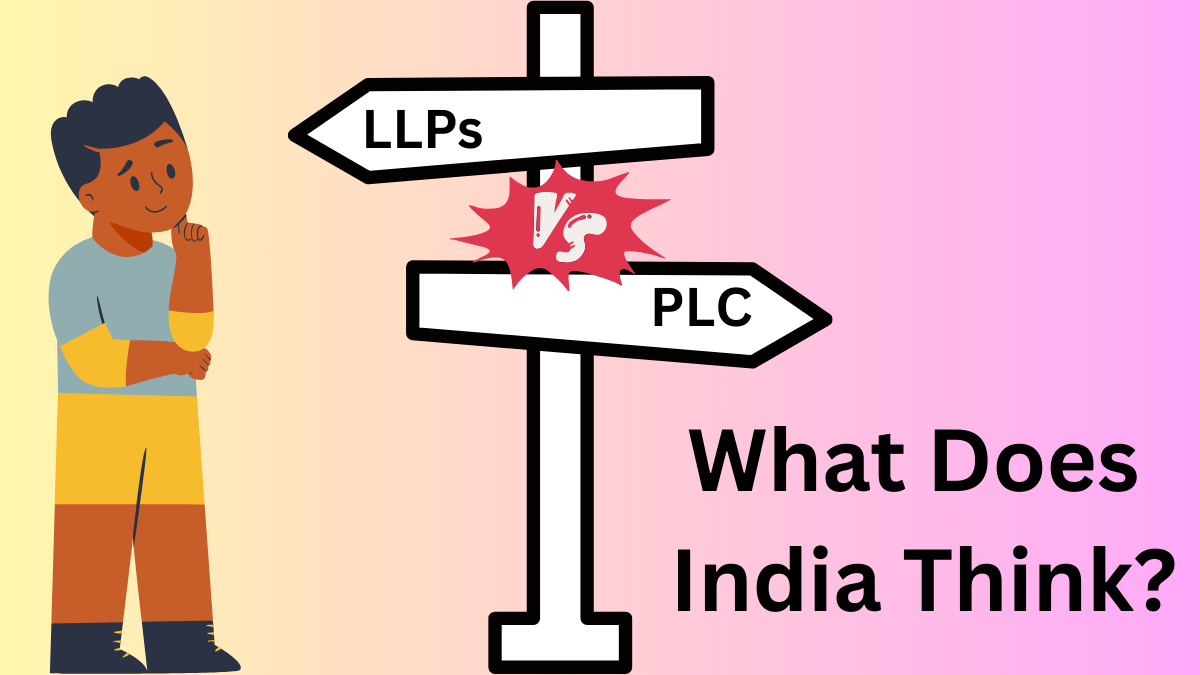In 2025, Indian entrepreneurs are increasingly favoring Limited Liability Partnerships (LLPs) over Private Limited Companies — and it’s not just a passing trend. From simpler compliance to greater flexibility, LLPs are ticking all the right boxes, especially for startups and small businesses.
Let’s dive into why LLP vs Private Limited India 2025 is such a hot debate — and why more founders are leaning toward LLPs this year.

What Is an LLP and How Is It Different from a Private Limited Company?
Before we go further, here’s a quick breakdown of these two popular business structures:
| Feature | LLP (Limited Liability Partnership) | Private Limited Company |
|---|---|---|
| Legal Identity | Separate legal entity | Separate legal entity |
| Ownership Structure | Partners (can be individuals or companies) | Shareholders and Directors |
| Liability | Limited to the partner’s contribution | Limited to shareholding |
| Compliance | Minimal annual filings and audit requirements | Strict compliance and statutory audits |
| Ideal For | Professionals, consultants, small businesses | Startups looking for VC funding |
This basic business structure comparison shows why LLPs are becoming a go-to choice for business owners who want fewer legal complexities.
Why Indians Prefer LLPs in 2025: The Human Perspective
1. Ease of Registration and Lower Setup Cost
Starting an LLP in 2025 is quicker and more affordable than ever. Thanks to streamlined digital processes for LLP registration India 2025, entrepreneurs no longer have to deal with piles of paperwork.
-
Fewer government fees compared to private limited companies
-
No requirement for minimum paid-up capital
-
Faster registration timelines via the MCA portal
2. Relaxed Compliance Norms
Running a Private Limited Company comes with a heavy compliance burden. LLPs, on the other hand, are easier to maintain:
-
No mandatory audits for LLPs with a turnover below ₹40 lakh
-
No need for board resolutions or shareholder meetings
-
Annual compliance is less time-consuming and cost-effective
These relaxed norms are a blessing for first-time business owners who just want to get things done without legal hassles.
3. More Flexibility in Internal Management
LLPs operate on the basis of an agreement between partners — making internal decision-making smooth and personalized.
-
Partners can define roles, profit sharing, and operations through a mutual agreement
-
No complex shareholding patterns or voting requirements
-
Greater freedom in adjusting roles and responsibilities over time
This makes LLPs the best entity for startups in India that are run by professionals or close-knit teams.
LLP vs Private Limited India 2025: Which Is Right for You?
Here’s a closer business structure comparison to help you choose wisely:
| Criteria | LLP | Private Limited |
|---|---|---|
| Fundraising Potential | Limited (VCs prefer Pvt Ltd) | High (VCs, angel investors prefer this format) |
| Credibility | Good, especially for service businesses | Higher for product-based and scalable startups |
| Foreign Direct Investment (FDI) | Allowed under automatic route (with conditions) | Easier, more structured |
| Taxation | 30% flat rate | 25% (if turnover is below ₹400 crore) |
| Best For | Freelancers, small service firms, consultants | Tech startups, high-growth ventures |
So when it comes to LLP vs Private Limited India 2025, your choice largely depends on the size, nature, and vision of your business.
The Trend Is Clear: LLPs Are Rising
The shift toward LLPs is a reflection of the Indian startup ecosystem’s maturity. Business owners today are savvier. They’re choosing structures that support growth without burning a hole in their pockets or inviting unnecessary stress.
Especially for:
-
Consultants and freelancers
-
Homegrown brands and boutique businesses
-
Family-run ventures
-
Startups in their early validation phase
LLPs offer the perfect balance between flexibility and legality.
FAQs:
1. Is LLP registration India 2025 easier than before?
Yes! The Ministry of Corporate Affairs has simplified the process, allowing online submission, digital signatures, and faster approvals. Entrepreneurs can now get an LLP up and running in just 10–15 days.
2. Which is better for startups in India – LLP or Private Limited?
It depends. If you’re bootstrapping or starting with a service-based business, LLP is the best fit. But if you plan to raise funding, a Private Limited Company offers more advantages.
3. Are LLPs eligible for government startup benefits in India?
Yes, LLPs can be recognized under the Startup India scheme and can avail tax exemptions, funding support, and mentorship — just like Private Limited Companies.
4. Can I convert my LLP into a Private Limited Company later?
Yes, but it requires regulatory approvals and restructuring. Many startups begin as LLPs and later convert to a Private Limited Company once they scale up and need external funding.
Click here to learn more
Sachin is a dedicated writer specializing in education, career, and recruitment topics, delivering clear and actionable insights to empower readers.
